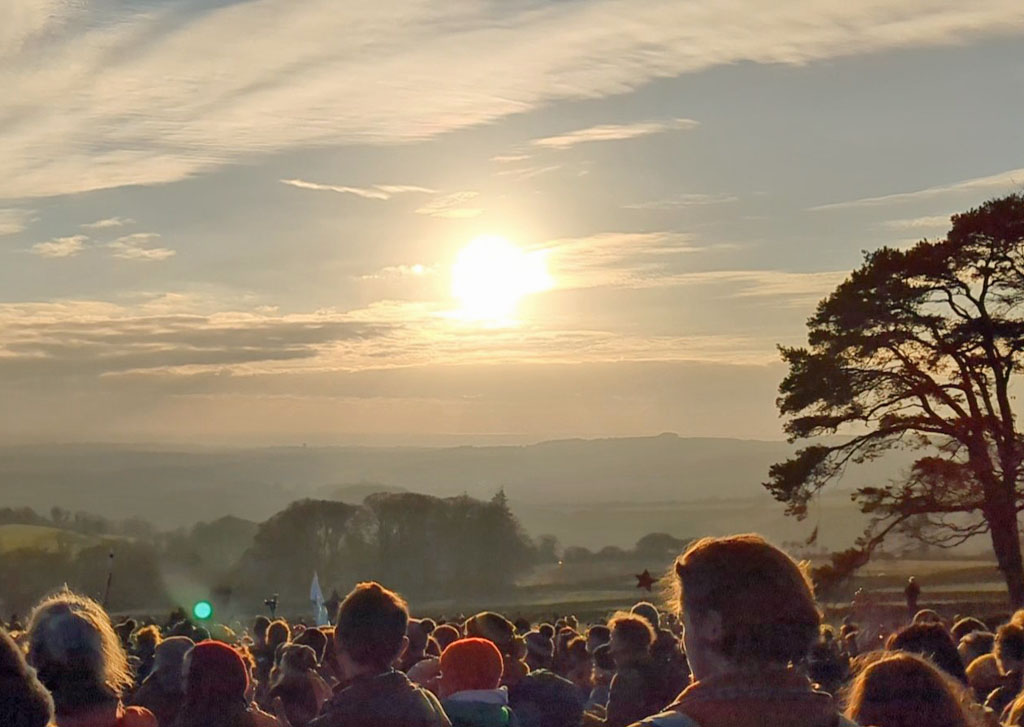New laws are in the spotlight after six anti-monarchy protesters from the Republic campaign group were arrested on the morning of the Coronation using new powers under the Public Order Act, which was given royal assent just days before the Coronation.
The protesters were detained and had their placards seized, despite having engaged with the Metropolitan Police’s protest liaison team ahead of the event. The Met released the protesters with no further action taken and has since issued a statement expressing “regret” that those arrested were unable to join the protest. The detentions have caused alarm bells to ring for many people nonetheless.
The Home Affairs Committee has scheduled an evidence session that will examine the Met’s approach to policing public protests and the practical implementation of the Public Order Bill.
What is the Public Order Act?
The Act gives police in England and Wales powers to shut down protests before any disruption takes place. According to Amnesty International, this new public order legislation “sets a very low threshold to define disruptive protesting.”
The following are just some elements of the legislation that are causing concern among human rights advocates:
- The criminalisation of locking-on (to others, objects or buildings) and going equipped to lock-on. The locking-on offence carries a maximum penalty of six months’ imprisonment, an unlimited fine, or both. The maximum penalty for going equipped to lock-on is an unlimited fine.
- A new offence of interference with key national infrastructure. This covers “any behaviour which prevents or significantly delays” the operation of key infrastructure, including airports, railways, printing presses and downstream oil and gas infrastructure. It will attract a maximum penalty of 12 months’ imprisonment, an unlimited fine, or both.
- The extension of stop and search powers – including provision for both “suspicion-led” and “suspicion-less” stop and searches.
Further details can be found on the Home Office Public Order Bill: factsheet, which states: “This government fully supports the right of individuals to engage in peaceful protest; however, the serious disruption caused by a small minority of protestors has highlighted that more needs to be done to protect the public and businesses from these unacceptable actions.”
What are the implications for freedom of expression and the right to protest?
On April 27, with just over a week to go before the Coronation, UN High Commissioner for Human Rights, Volker Türk issued the following warning:
“The Public Order Bill, which has now been passed by Parliament in the United Kingdom, is deeply troubling legislation that is incompatible with the UK’s international human rights obligations regarding people’s rights to freedom of expression, peaceful assembly and association.”
“This new law imposes serious and undue restrictions on these rights that are neither necessary nor proportionate to achieve a legitimate purpose as defined under international law. This law is wholly unnecessary as UK police already have the powers to act against violent and disruptive demonstrations,” Türk said.
“It is especially worrying that the law expands the powers of the police to stop and search individuals, including without suspicion; defines some of the new criminal offences in a vague and overly broad manner; and imposes unnecessary and disproportionate criminal sanctions on people organizing or taking part in peaceful protests,” he added.
As noted in Amnesty International’s Campaigns Blog: “These new laws follow hot on the heels of last years’ protest restrictions contained in the Police, Crime, Sentencing and Courts Act 2022. This Act introduced new vague and undefined police and government powers to clamp down on any protests – including by one person. Even without the Public Order bill, protests can now be shut down if they’re considered too noisy or likely to be a nuisance.”
In its World Report 2023, Human Rights Watch highlighted several laws introduced in 2022 that had the effect of significantly weakening human rights protections, including “new restrictions on the right to peaceful protest.”
“From your right to protest to your ability to hold institutions to account, fundamental and hard-won rights are being systematically dismantled”, said Yasmine Ahmed, UK director at Human Rights Watch.
Protecting and facilitating peaceful protests
Volker Türk has urged the Government to reverse the ‘deeply troubling’ Public Order Bill.
“As the world faces the triple planetary crises of climate change, loss of biodiversity and pollution, governments should be protecting and facilitating peaceful protests on such existential topics, not hindering and blocking them,” he stressed.
Likewise, Amnesty International is working to “repeal this public order legislation, along with the anti-protest measures contained in the Police, Crime, Sentencing and Courts Act 2022.”
The human rights group has launched Protect the Protest, a campaign to protect the right to peaceful protest, in the UK and around the world.
“Put simply, the goal of our “Protect the Protest” campaign is for all people to be able to take peaceful action and make their voices heard safely and without repercussions. Amnesty International therefore calls on governments to send a clear signal that protesters should be protected in law and practice to ensure they are facilitated and not attacked.”
Further reading
- The United Nations: UN Human Rights Chief urges UK to reverse ‘deeply troubling’ Public Order Bill
- Amnesty International Campaigns Blog: The Public Order Bill Explained
- Human Rights Watch: World Report 2023 Says UK Policies Raise ‘Grave Human Rights Concerns’

